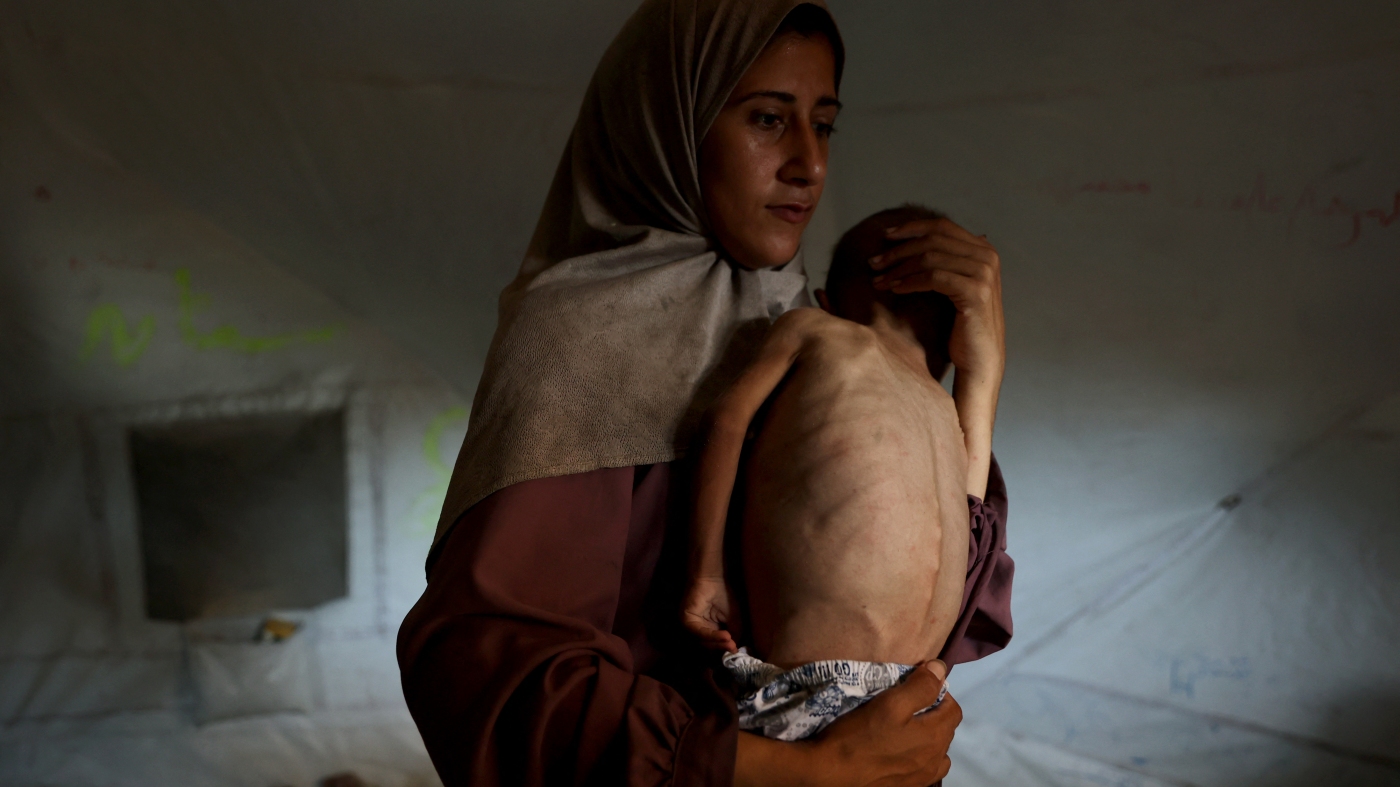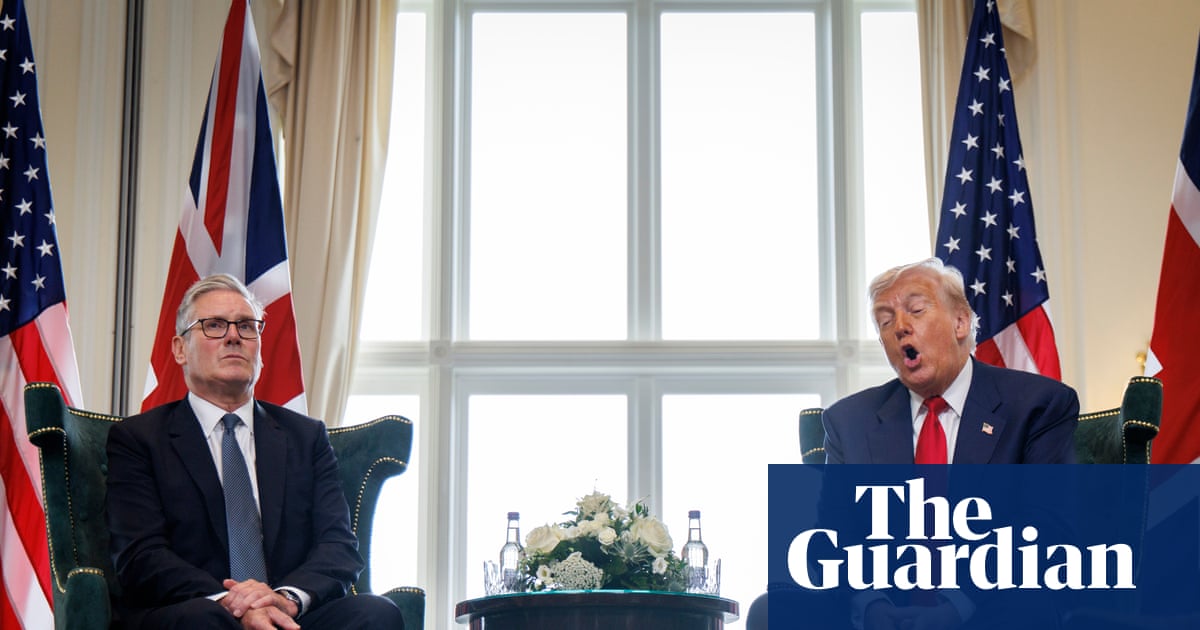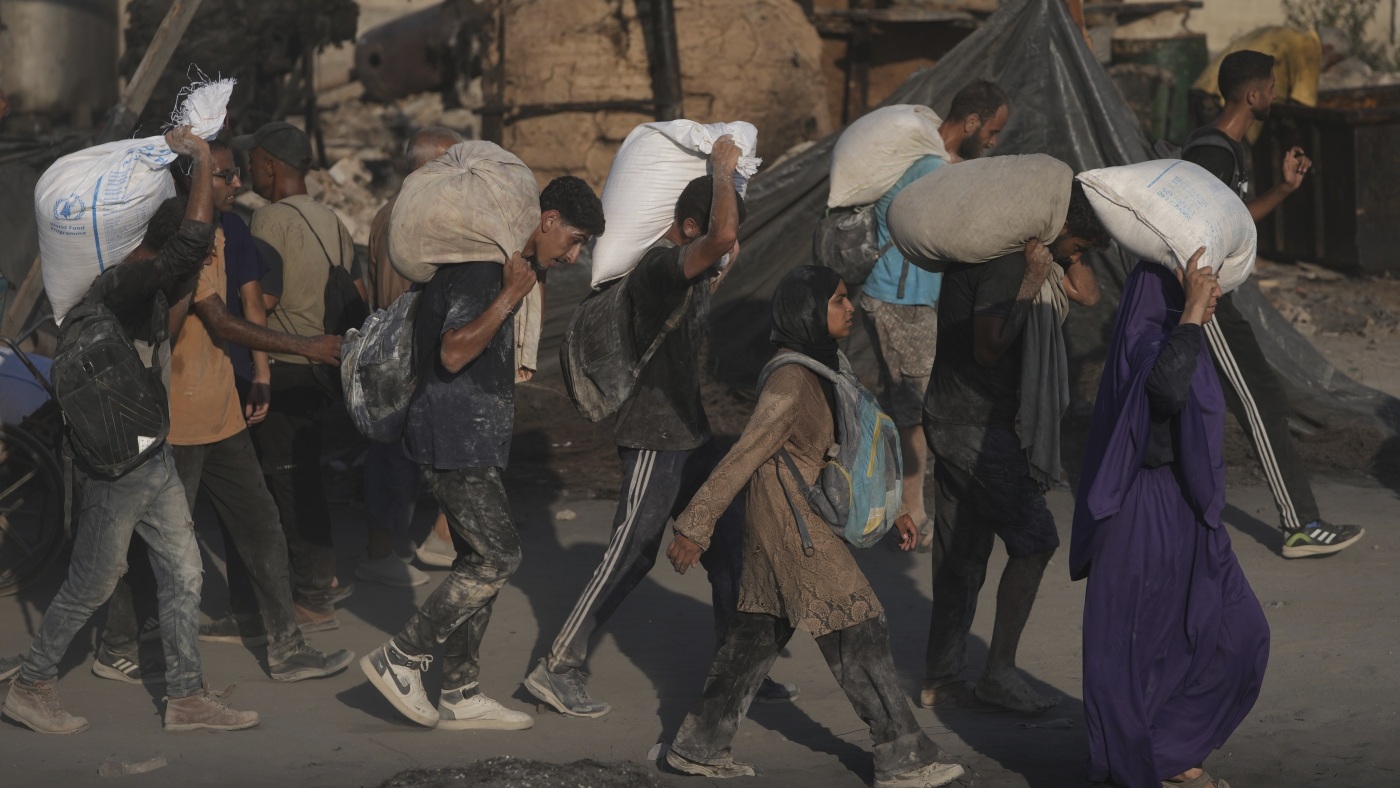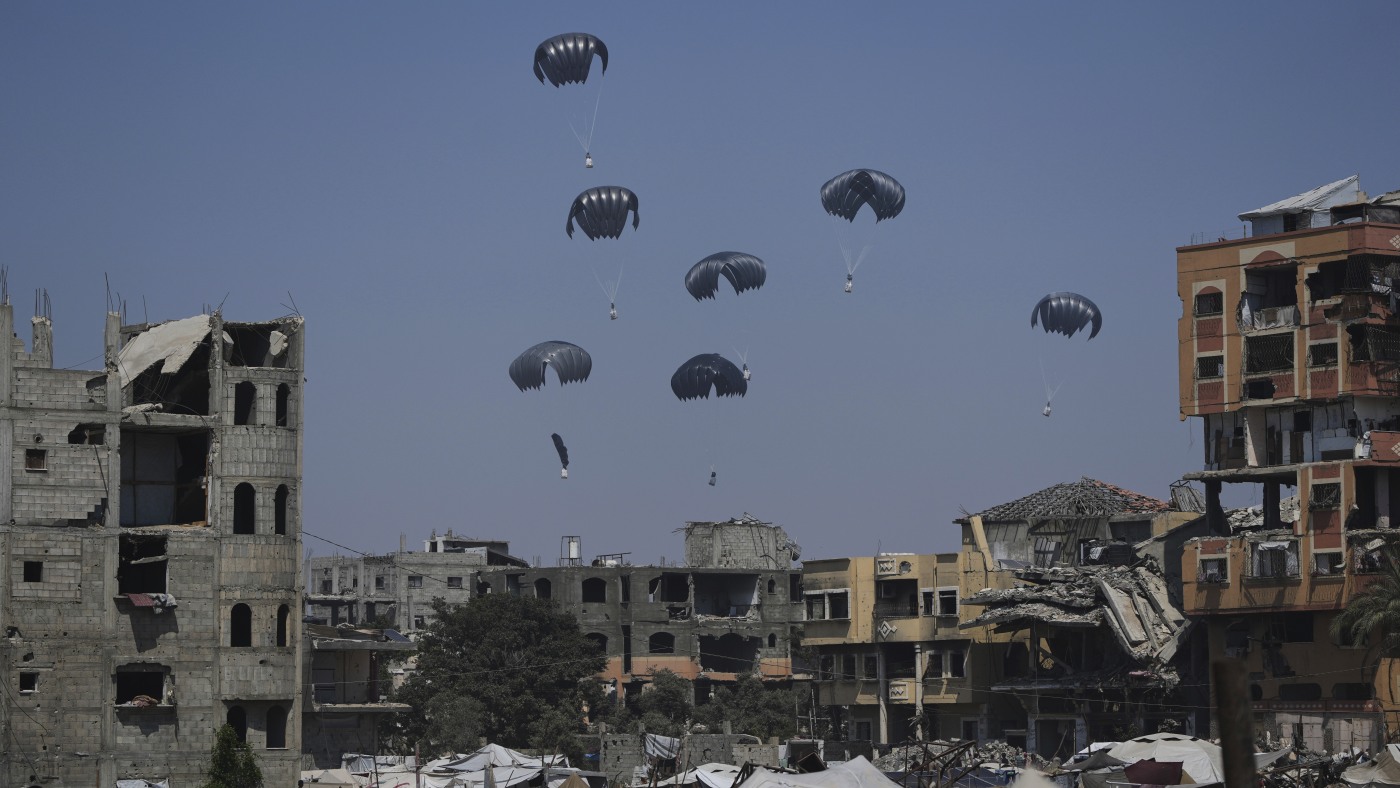T4K3.news
High-level U.N. meeting on Israel-Palestine begins this week
The U.N. General Assembly will promote a two-state solution to the Israeli-Palestinian conflict.
The U.N. General Assembly is bringing high-level officials together to promote a two-state solution to the decades-old Israeli-Palestinian conflict.
U.N. meeting aims to promote two-state solution for Israel and Palestine
UNITED NATIONS — The U.N. General Assembly is hosting a significant meeting this week to discuss the long-sought two-state solution to the Israeli-Palestinian conflict. The conference will be co-chaired by the foreign ministers of France and Saudi Arabia, while Israel and the United States are boycotting the gathering. This meeting's objective is to emphasize the need for peace and establish practical steps toward the division of territory into independent states for Israelis and Palestinians. Key implications arise from differing perspectives on this issue, particularly from Israel's Prime Minister Benjamin Netanyahu and Palestinian officials, highlighting the complexity of achieving a lasting resolution.
Key Takeaways
"It was absolutely necessary to restart a political process that is today threatened."
French Foreign Minister Jean-Noël Barrot emphasizes the urgency of reviving peace talks.
"Charting a course for action must be anchored in a credible political plan."
Saudi diplomat Manal Radwan outlines the need for concrete steps to achieve peace.
"This meeting must address the root cause of the conflict and offer mutual security."
Radwan insists on a focused agenda for the international dialogue.
"Netanyahu condemned Macron's announcement, saying it rewards terror."
The Israeli Prime Minister's reaction highlights the tension in international recognition of Palestine.
The current meeting reflects a pivotal moment in international diplomacy regarding the Israeli-Palestinian conflict. France and Saudi Arabia aim to revive discussions around the two-state solution at a time when hostilities have escalated. This context reveals a critical tension, as both Israeli leadership under Netanyahu and Palestinian representatives express starkly opposing views on the path forward. The absence of Israel and the U.S. from the talks points to a significant divide that could hinder effective dialogue, raising questions about international efforts to resolve a conflict deeply entrenched in historical grievances.
Highlights
- International diplomacy now faces a test with significant implications for peace.
- Netanyahu's opposition reveals deep-rooted divisions over the two-state solution.
- France's recognition of Palestine marked a turning point for European support.
- The path to peace remains blocked by entrenched political positions.
Political tensions threaten peace efforts
The absence of Israeli and U.S. representatives raises concerns about the efficacy of proposed solutions. With key actors boycotting the meeting, the possibility for genuine dialogue diminishes significantly.
The outcomes of this meeting may influence future dialogues on peace in the region.
Enjoyed this? Let your friends know!
Related News

Iran prepares for nuclear talks with Europe in Turkey

Children in Gaza face starvation risk amid ongoing conflict

UK moves closer to recognizing Palestine in response to Gaza crisis
Canada announces recognition of Palestinian state
Iran is open to nuclear talks with the US under trust conditions

Israel to start aid airdrops in Gaza amid mounting hunger
